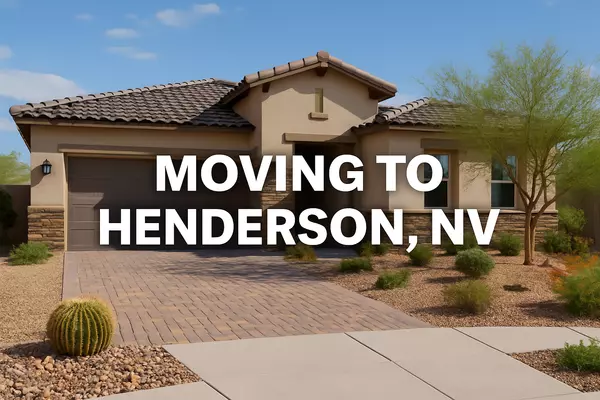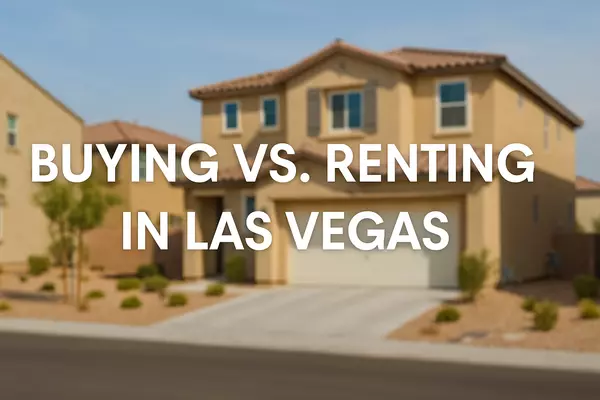Should You Sell Your House or Rent It Out?

When you're preparing to move, deciding whether to sell your current home or rent it out can be a big decision. In recent years, more homeowners are choosing to explore the rental market instead of selling.
According to Zillow, about 66% of sellers recently considered renting their home before listing, and nearly 28% gave it serious thought. This is a notable increase from 2021, when fewer than half (47%) considered renting. Clearly, the idea of renting is becoming more popular among homeowners.
So, which is the better choice for you—selling your home and using the funds to purchase a new property or keeping it as a rental to build long-term wealth? Here are some important questions to help you decide based on your financial and lifestyle goals.
Is Your Home Suitable for Renting?
Before deciding, consider if your property is a good fit as a rental. For example, if you’re moving far away, managing maintenance and tenant concerns from a distance could be challenging. Also, think about whether your neighborhood is renter-friendly or if your property needs substantial repairs to attract reliable tenants.
If managing these issues seems daunting, selling may be the simpler and more practical route.
Are You Prepared for the Responsibilities of Being a Landlord?
Owning a rental property involves more than just collecting rent each month—it’s a commitment that can require time, energy, and resources.
As a landlord, you may receive calls for repairs at any hour, deal with property damage, and possibly face tenants who miss payments or break their lease. Handling these situations can be stressful and financially draining. As Redfin points out:
“Landlords have to fix things like broken pipes, defunct HVAC systems, and structural damage, among other essential repairs. If you don’t have a few thousand dollars on hand to take care of these repairs, you could end up in a bind.”
Do You Understand the Costs Involved?
If renting appeals to you for its potential passive income, be sure to factor in the additional costs. Bankrate explains several financial considerations:
-
Mortgage and Property Taxes: You’re responsible for these payments even if the rental income doesn’t cover them fully.
-
Insurance: Landlord insurance costs about 25% more than regular homeowner’s insurance but is essential to cover damages and liability.
-
Maintenance and Repairs: Experts suggest setting aside at least 1% of the home’s value annually for maintenance, with older homes often requiring more.
-
Tenant Search Costs: Advertising and background checks can add to your expenses when looking for tenants.
-
Vacancies: Periods without tenants mean you’re covering the mortgage without rental income.
-
Property Management and HOA Fees: If you hire a property manager, expect to pay around 10% of the monthly rent. Any HOA fees are also your responsibility.
Bottom Line
Whether to sell or rent out your home is a personal decision that depends on your financial situation and future plans. Carefully weigh the pros and cons, and consider consulting with professionals, like a real estate agent, to ensure you feel supported and informed as you make this important decision.
Categories
Recent Posts










GET MORE INFORMATION
REALTOR® | Lic# S.0184988
